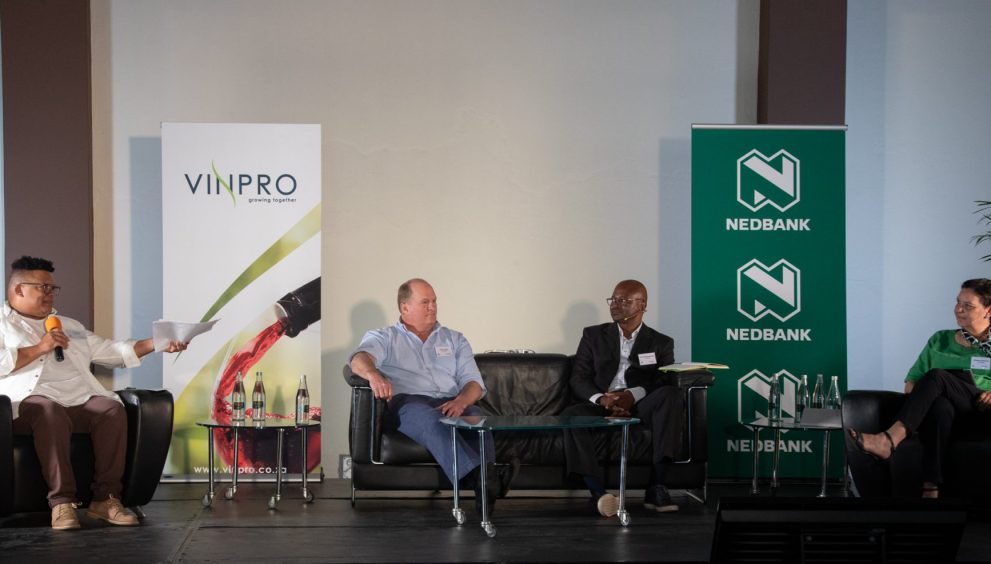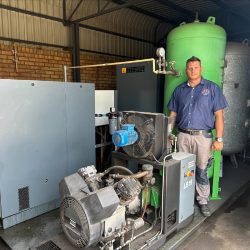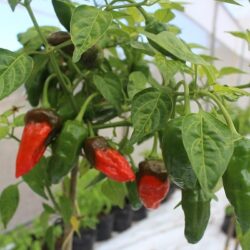The South African wine industry is facing a barrage of challenges, from climate change and economic headwinds to unfounded health scares and regulatory hurdles. This was the stark reality painted by Vinpro chairperson, Anton Smuts, at the recent Vinpro Nedbank Producer Day.
“We are operating in a VUCA world – volatile, uncertain, complex, and ambiguous,” Smuts acknowledged, citing climate change, floods, frost, economic pressure, input inflation, and crippling infrastructure challenges as major obstacles. He also highlighted the detrimental impact of “citizen action” and unfounded claims about the health risks of wine consumption, despite scientific evidence supporting the health benefits of moderate alcohol intake.
Despite these formidable challenges, Smuts emphasized the industry’s resilience. “Innovation is not merely about adopting new tools,” he stated. “It’s about fostering a culture of curiosity and agility, encouraging our people to challenge the status quo and embrace change as an opportunity.” He stressed the importance of inspiring young people to pursue careers in the wine industry, ensuring a skilled and passionate workforce for the future.
Vinpro CEO, Conrad Schutte, presented a sobering yet optimistic outlook. While the industry’s return on investment for wine grape production remains relatively low, with an average of 2.6% in 2024, it represents a significant improvement over the previous year’s dismal 0.74%.
“Things are improving, but we still have a long way to go,” Schutte acknowledged. He highlighted the encouraging trend of declining losses among wine farmers, with the number of farms operating at a loss decreasing from 43% in 2023 to 37.9% in 2024.
Schutte emphasized that top-performing producers were distinguished by their proactive approach to vineyard management. These leading farms prioritize employee training, embracing innovative pruning techniques and leveraging technology such as precision agriculture to optimize resource use.
“One producer in the coastal region, for example, successfully reduced labour costs by 30% by switching to a sprawling trellis system while simultaneously enhancing grape quality,” Schutte revealed.
While Sauvignon Blanc, Chenin Blanc, and Chardonnay continue to dominate white grape plantings, and Cabernet Sauvignon remains the most widely planted red cultivar, Schutte expressed concern over the aging vineyard landscape. Approximately 30.4% of South African vineyards are over 20 years old, making them more susceptible to climate shocks. However, he emphasized that new technologies can help rejuvenate older vineyards and improve their resilience.
The Vinpro Producer Day served as a crucial platform for industry leaders to assess the current challenges and chart a path forward. By embracing innovation, fostering a skilled workforce, and prioritizing sustainable practices, the South African wine industry can navigate the turbulent waters ahead and continue to produce world-class wines that delight consumers around the globe.




